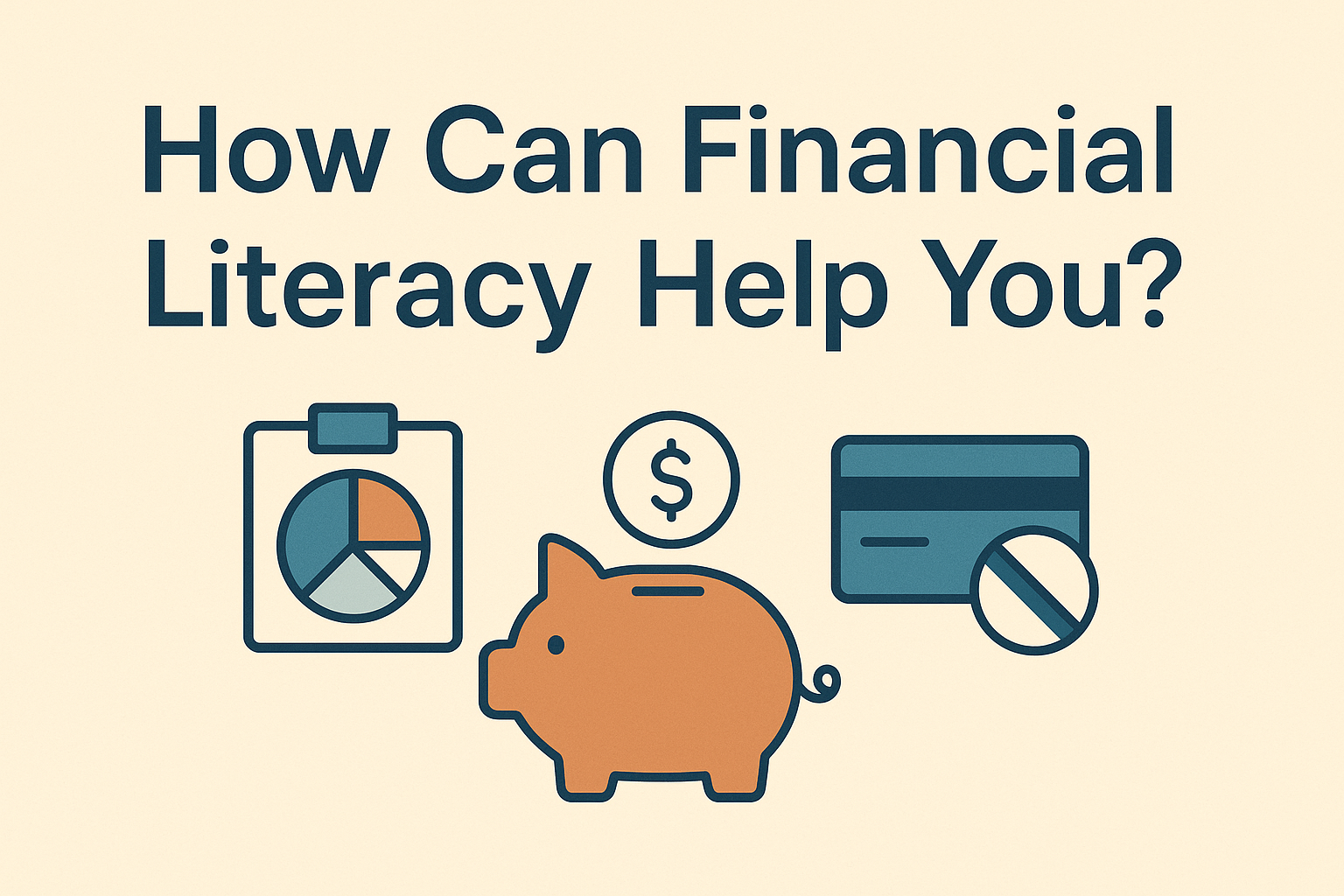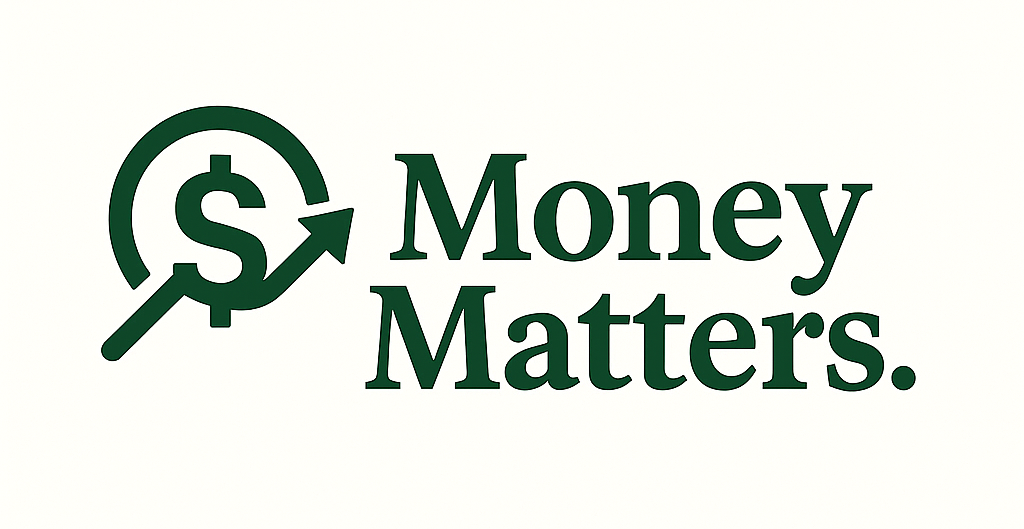How Can Financial Literacy Help You?: A Friendly Guide to Understanding Your Money

Managing your money can seem confusing-but gaining financial literacy makes it a lot easier. The good news? You don't need a finance degree or a high-paying job to be in control of your money.
Financial literacy is simply about understanding the basics of how money works—and using that knowledge to make better decisions.
And just like learning to ride a bike, anyone can get the hang of it with the right tools on MoneyMatters. and a little practice.
What is Financial Literacy
Financial literacy means knowing how to budget, save, invest, manage debt, and plan for the future. It’s about understanding concepts like interest rates, credit scores, and compound growth in a way that you can apply into your life.
It’s not about being perfect with money. It’s about being informed.
Why It Matters - for Everyone
Financial literacy isn’t just for accountants or stock market pros. It’s for students figuring out how to afford school, parents planning for their kids’ futures, and anyone who wants to feel more confident with their money. Here’s how financial knowledge can make a real difference:
1. Budgeting: Making Your Money Work for You
Take Maya, a college student juggling classes and a part-time job. By learning how to create a simple monthly budget, she makes sure her rent, textbooks, and pizza nights all fit in without running out of cash. Or look at David, a retiree on a fixed income. Financial literacy helps him stretch his savings while still enjoying life.
2. Debt Management: Stay in Control, Not Overwhelmed
Emma had several credit cards and a growing balance. After learning about interest rates and minimum payments, she created a payoff plan that saved her hundreds of dollars. Meanwhile, Carlos avoided taking on unnecessary debt by understanding loan terms before signing on the dotted line.
3. Saving and Investing: Building for the Future
Once you understand how saving and investing work, the future looks a lot brighter. Take Leo, who started putting $50 a month into a retirement account at age 24. Thanks to compound interest, he’s well on his way to financial freedom. Or consider Jasmine, who learned how to set aside money for emergencies—so when unexpected car repairs came up, she was ready.
What Happens If You Don't Learn About Money
While financial literacy opens doors, a lack of it can lead to serious trouble. Without basic money skills, it’s easy to fall into traps that are difficult—and sometimes impossible—to escape.
Here are some real-world examples of what can go wrong:
-
Liam's Credit Card Spiral
Liam got his first credit card at 19 and thought of it as “free money.” He didn’t understand how interest worked and only paid the minimum each month. By the time he was 24, he had over $10,000 in debt and was paying more in interest than on the original purchases.
-
Nina's Loan Nightmare
Nina signed for a high-interest car loan with monthly payments she couldn’t afford. She didn’t read the fine print, and after missing payments, her credit score tanked and her car was repossessed. Without transportation, she lost her job, and the cycle continued.
-
Tyler's Retirement Wake-Up Call
Tyler always assumed Social Security would cover his retirement. He never saved or invested. At 60, he realized he couldn’t afford to stop working—but by then, his options were limited. A little knowledge early on could’ve changed everything.
These aren’t scare tactics—they’re real-life lessons that show why financial literacy is so important.
Knowledge Is Power - And Peace of Mind
Being financially literate doesn’t just help you make better money choices. It reduces stress, improves relationships, and gives you peace of mind. You don’t have to be rich to benefit—you just need to be aware.
And the best part? There are free resources everywhere. From online calculators at MoneyMatters. and budgeting apps to community workshops and educational blogs, there’s no shortage of ways to get started.
Start Today, Thank Yourself Tomorrow
Becoming financially literate is one of the most empowering things you can do. It opens doors, builds confidence, and puts you in charge of your financial future.
You don’t have to learn everything all at once. Start with the basics. Ask questions. Use free tools. And remember—you’re not alone on this journey.
Because the more you understand your money, the more it works for you.
